Louise experienced weight discrimination in the workplace firsthand. She used to be size 24. She was performing well at her new job but was having trouble getting invited to meetings and exciting projects. However, when she lost weight and halved her dress size, suddenly her work world was a different place.
Before she knew it, she went from managing 6 people to managing 100! Suddenly she was invited to interact with high-ranking board members and saw her career take off like never before.
She didn’t suspect it had much to do with her weight-loss until a male colleague made an offhand comment about how when she was a “fat bird” she wasn’t really management material. She realized that fat-shaming is very real and it’s alive and well.
Louise was saddened by the realization that her skills were grossly overlooked when they were packaged in an overweight body. All of the sudden, when she fit in more with the ideal weight people see as acceptable, her talents were recognized and she was unleashed from being held back at work.
It’s hard to believe that people can be this judgmental, but sadly it’s very true. Weight discrimination in the workplace is NOT OKAY. It’s a major problem. Here are some reasons that it’s clearly damaging and far-reaching.
In this post I’ll talk about:
- What weight discrimination is
- What weight discrimination in the workplace looks like
- How weight discrimination can affect worker productivity
- How fat-shaming can affect self-worth
- Ways weight discrimination makes employment and success harder
- How much more money obese men make than slightly overweight women
What is weight discrimination?
Weight bias can come across as small looks or comments of disapproval, and go as far as passing someone up for a new job or a promotion. There’s a stigma attached to being overweight that holds people back in the professional world.
It’s a bigger problem than most people think, especially for women. Even though both men and women have to deal with weight discrimination, women experience it at lower obesity levels than men.
In other words, a woman who is only a few pounds over a healthy weight might deal with the same amount of prejudice as a man who is significantly overweight. That’s just not right!

According to a study published in the multidisciplinary open access journal, Plos One, women are more likely to face weight discrimination at work than men in general. This is even true when a woman’s body mass index is within the healthy range! (3)
Put another way, a women’s body is subject to closer scrutiny than a man’s body even within normal, healthy weight.
Not only that, but while obese men earn about 3 percent less than their slim counterparts, obese women earn more than 6 percent less. So, that means that whether you’re a man or a woman, you’ll likely earn less than your colleagues if you’re overweight. Moreover, if you happen to be an overweight woman, you’ll make even less! (4)
What weight discrimination in the workplace looks like
Weight discrimination in the workplace goes far beyond snide remarks from coworkers. The problem spans across almost every aspect of life, at work and beyond.
Women with a higher body weight face the stigma in “employment, school and college, health care settings, public accommodations, the mass media, and in interpersonal relationships with family and friends”. (2)
Stretching across almost every aspect of life, this unfair problem can be incredibly painful.
In fact, the Plos One study referenced earlier notes that if a woman gains weight, it can significantly reduce her chances of finding a job. This is particularly true compared to men.
Overweight women are seen as less capable to perform jobs and are less likely to be hired for customer-facing positions. (2) That seemed to be the case with the conversation I overheard in that office.
The effects of weight discrimination in the workplace
According to Monster.com, a leading job recruitment and placement website, weight discrimination increased 66% from the mid-1990s to the mid-2000s. (4)
The stigma is that overweight people are perceived as lazy and unhealthy. There’s also an element of believing that overweight people are less intelligent because a smart person should be able to figure out how to lose or maintain weight. (5)
This is SO not fair! Many women struggle with their weight more than men because of hormonal changes, especially after (but not limited to) having kids. Some women deal with thyroid issues and other problems that feel out of their control.

Fat-shaming is not the answer. I have coached many (busy) women to lose weight even after kids or with thyroid problems.
Consequently, it’s clearly not a question of intelligence. They were smart before and after I coached them. They just needed a structure for the behavioral changes and anti-inflammatory diet that would unlock their weight loss.
Emotional Eating & Stress Eating: How to Stop Eating Food For Comfort Fat-shaming damages how people think about themselves and what they’re capable of. They might not try things or look for new challenges because they’re afraid of being shut down. (3) All of the unfair treatment starts to become a part of who overweight they believe they are. Therefore, this leads to poor self-evaluations and, in a way can become a self-fulfilling prophecy. Weight discrimination is more than painful and embarrassing, it can actually hurt careers, productivity, and self-worth. Fat-shaming hurts people and can even cause them to start emotional eating, making the problem worse. Fat-shaming just plain doesn’t work! It’s not ok to judge and stereotype others. A tasty recipe that helped me lose my first 10 pounds Easy Spicy VEGETARIAN One-Week Meal Plan How Tea for Weight Loss Transformed My Mornings (+ the Way My Husband Looks at Me!) Have you ever experienced weight discrimination or fat-shaming at work? How did it make you feel and how did you deal with it? The problem with weight discrimination in the workplace








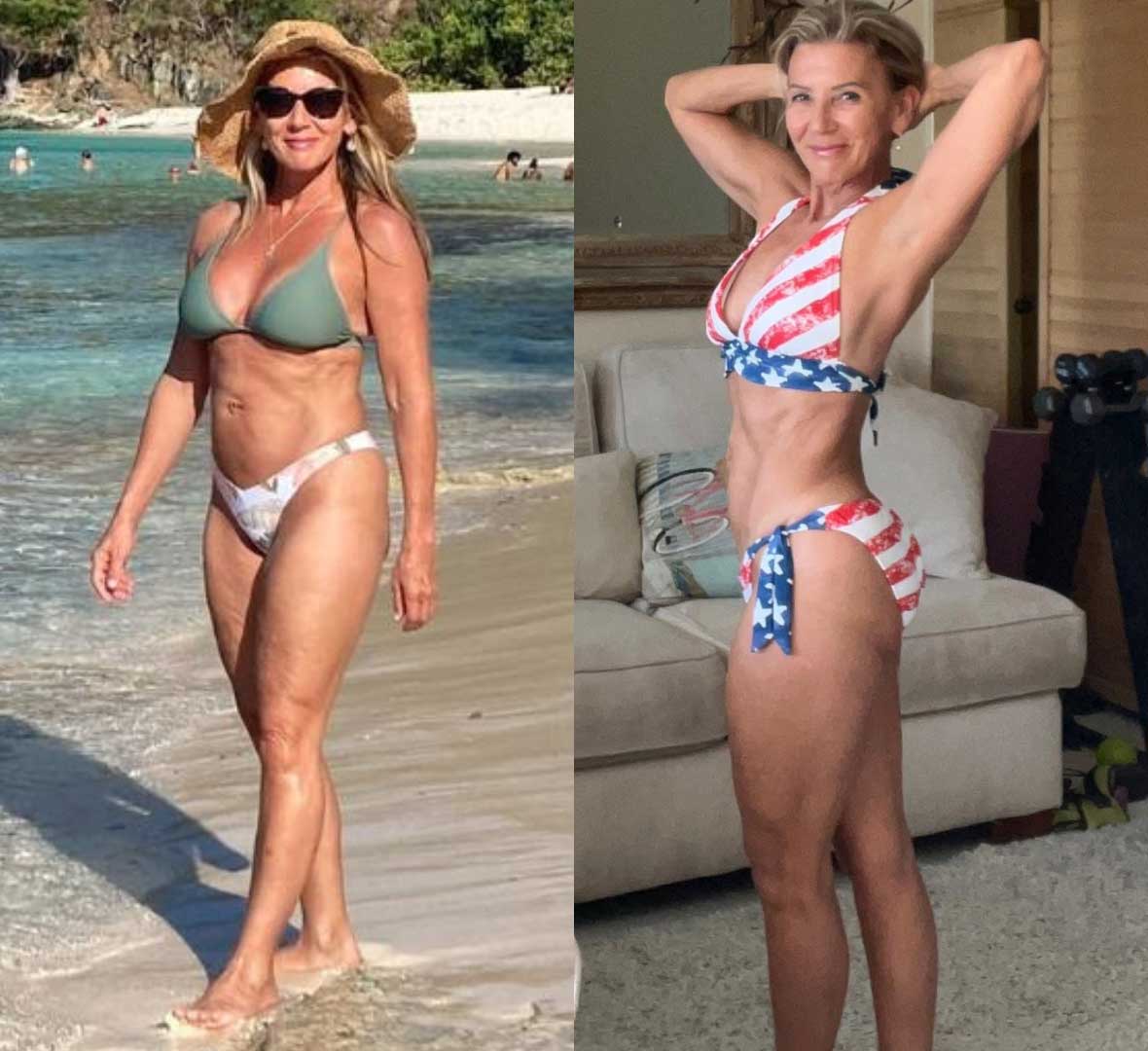

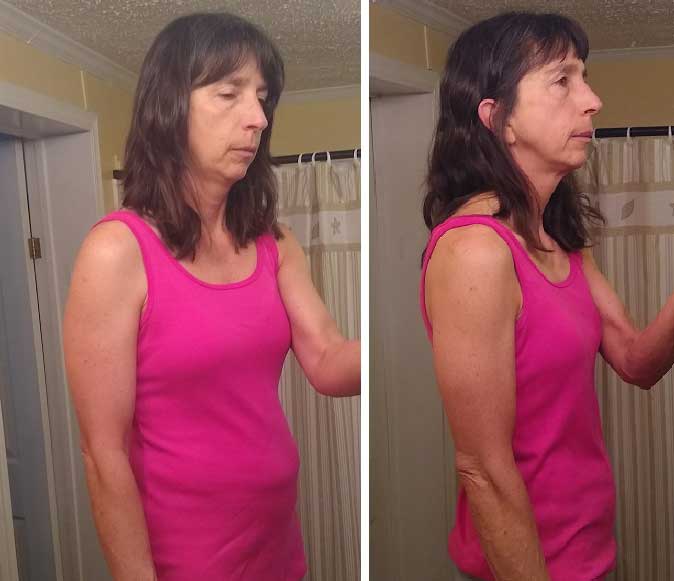

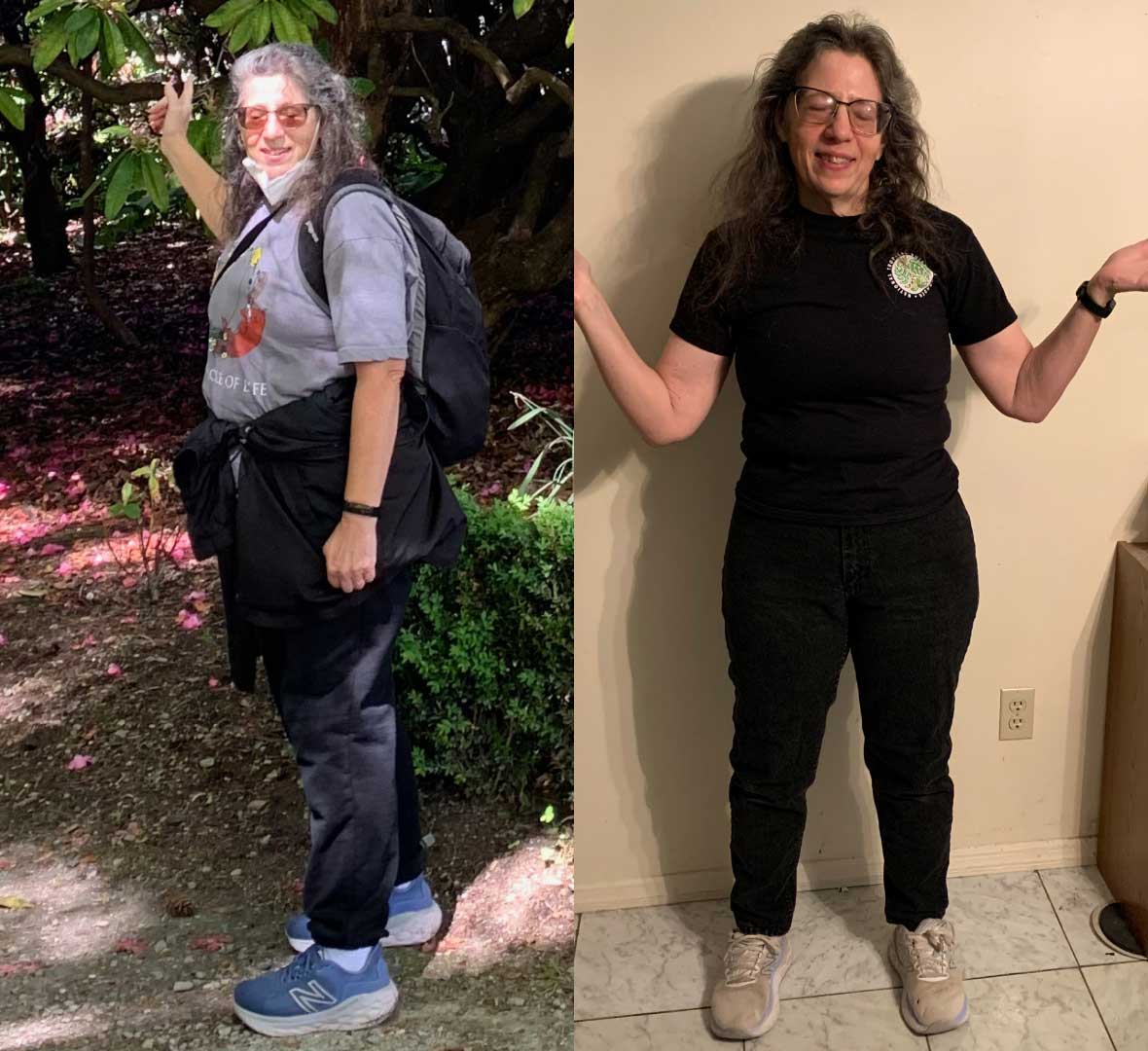

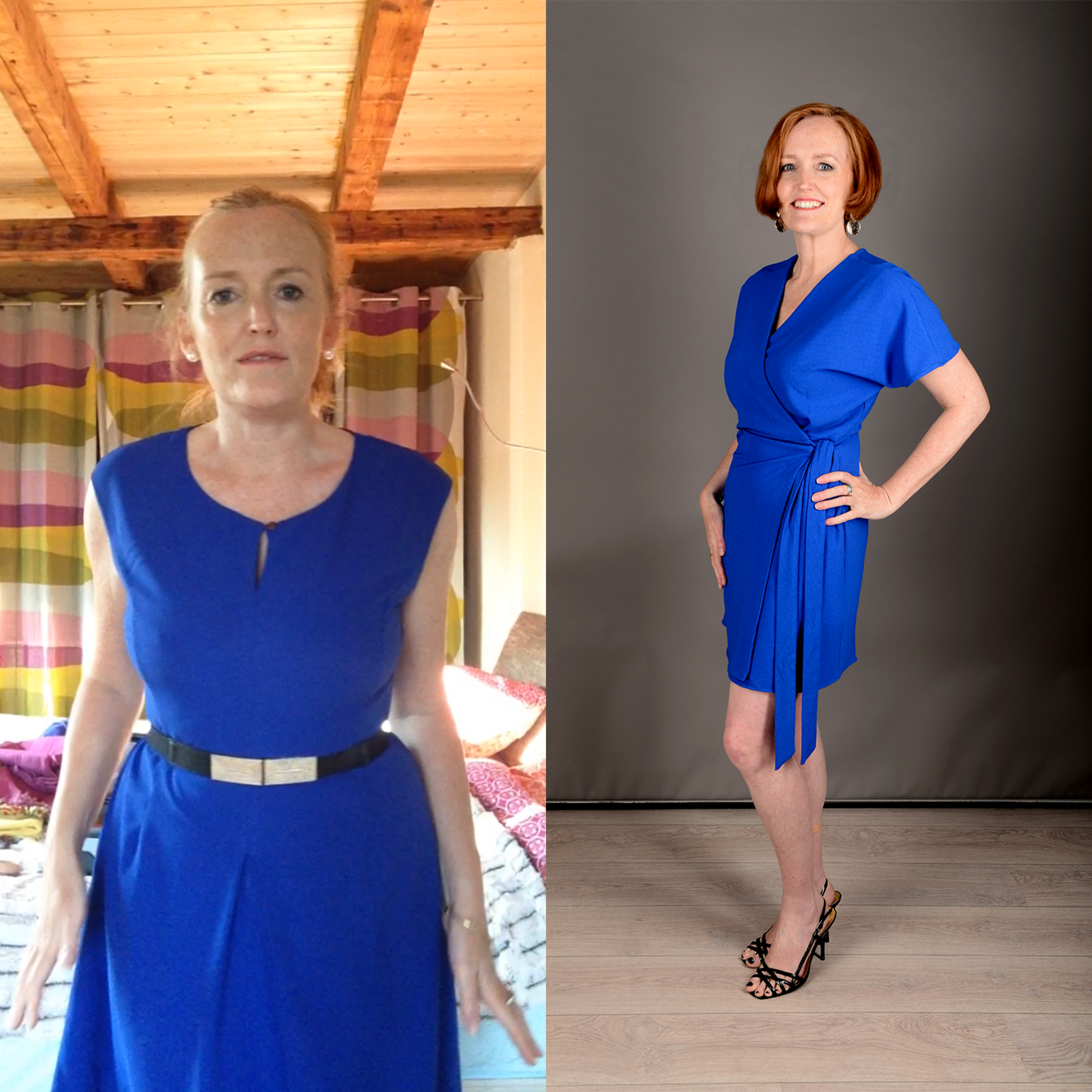



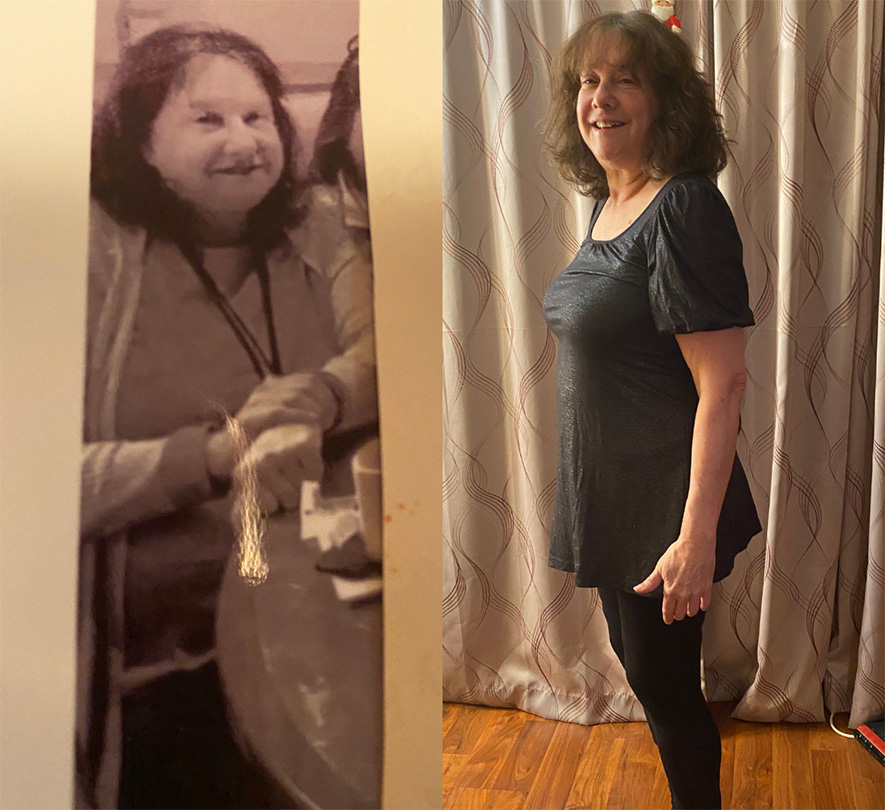





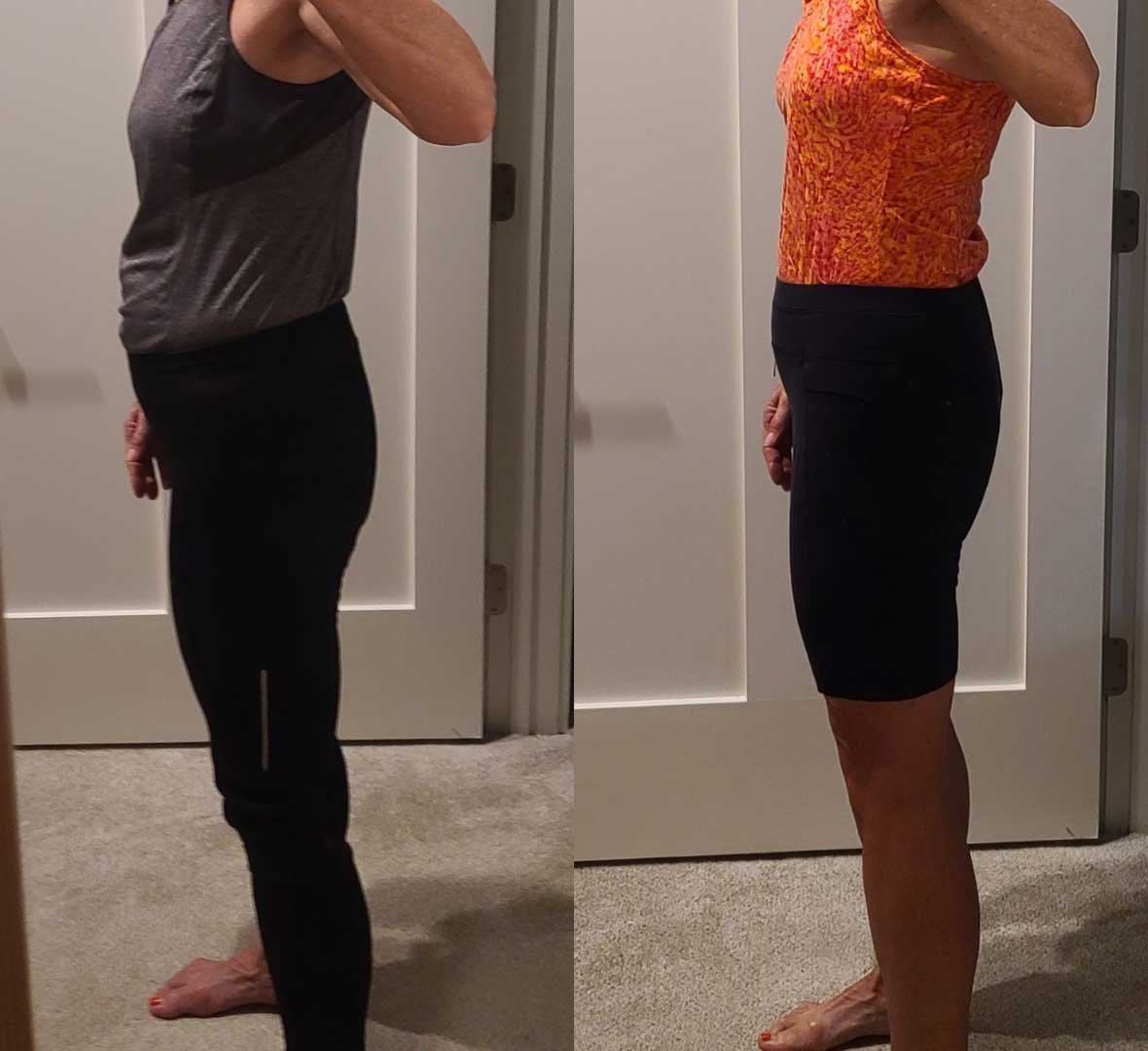

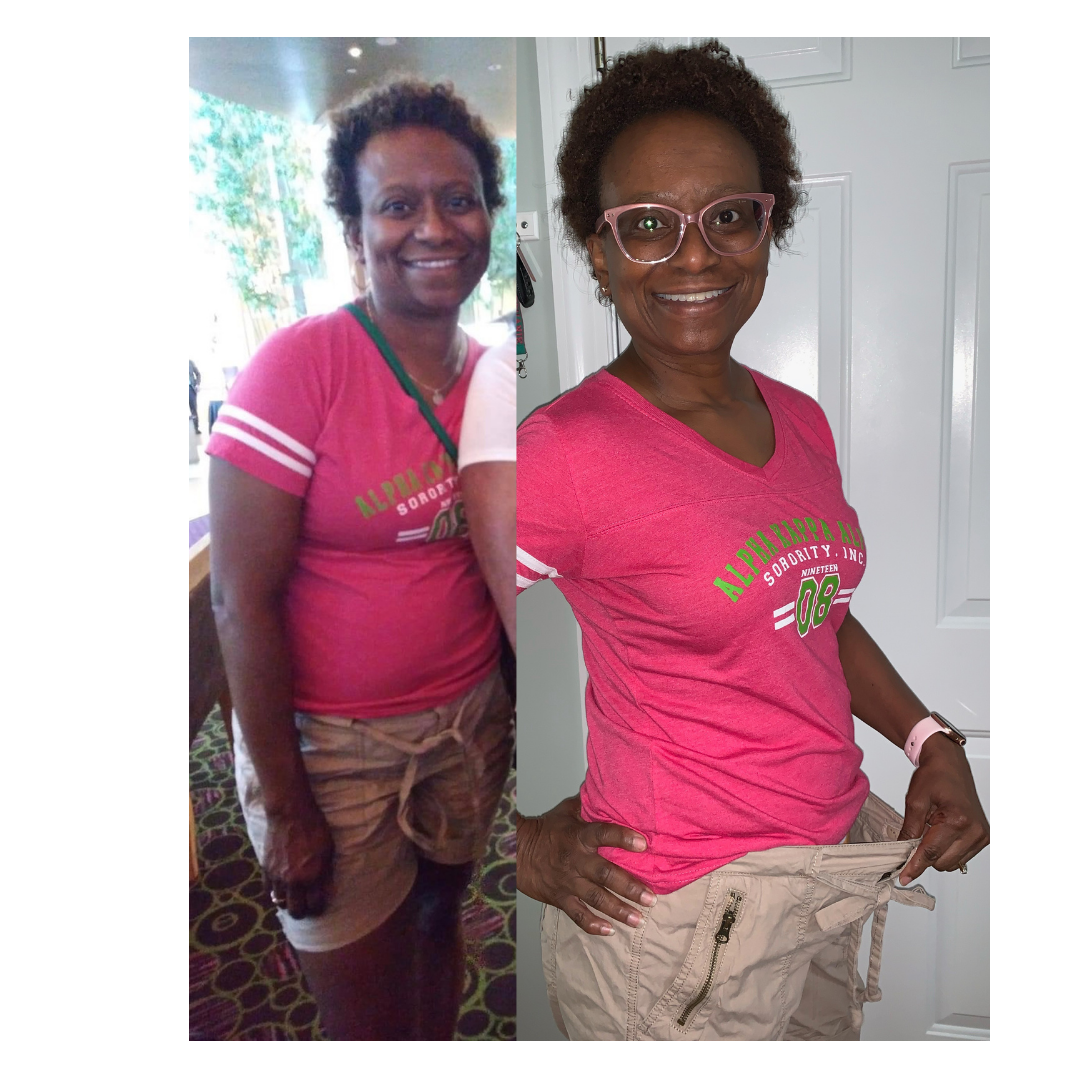








I always felt that I was held back or not hired because of my weight. I don’t apply for jobs unless I absolutely feel that I have a chance. I still don’t get hired, even though I am qualified. Thanks for the great article, Nagina.
There are so many examples that weight discrimination is alive and well! Thank you for reading Cathy.